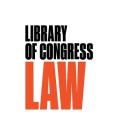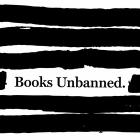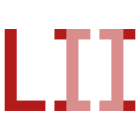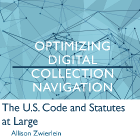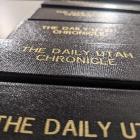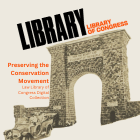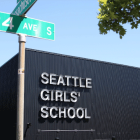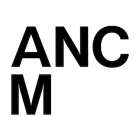
Implementing the Brian Deer Classification System at the Anchorage Museum
The purpose of this project was to research and produce a proposal for implementing the Brian Deer Classification System (BDCS) in the Archives and Library in the Atwood Resource Center at the Anchorage Museum. The intended changes will improve the searchability of library holdings and more respectfully reflect the diverse communities the museum serves and the knowledge that it stewards. This project is in line with the museum’s stated goal to support and implement decolonizing practices.

